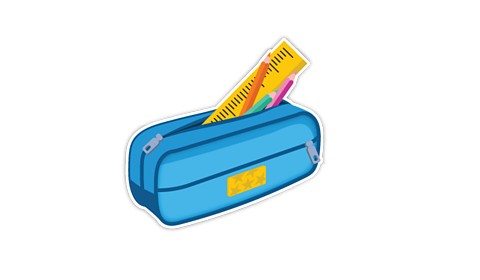
What to expect in Year 4
Bitesize are here to support you and your child as they begin year 4.
Although, each school will do things a little bit differently, there are some areas of Maths and English that your child will likely cover in their new year group.
This year you can expect your child to focus on their times table facts. Additionally, most schools do an assessment at the end of the year.
Find out what else to expect in Year 4.

Maths - Year 4
Place value
In year 4, your child will continue to develop the skills they learned in year 3. They will build their confidence in comparing and ordering larger numbers by deepening their understanding of place value.
Your child will work with larger numbers this year up to 4 digits.
This year, your child will be introduced to rounding.
Your child will look at numbers with decimals.
Numbers up to 10,000
Numbers up to 10,000: Year 4 Maths
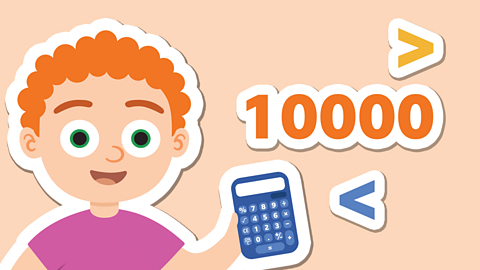
How to round numbers
Learn how to round numbers to the nearest 10 and 100. KS2 Maths
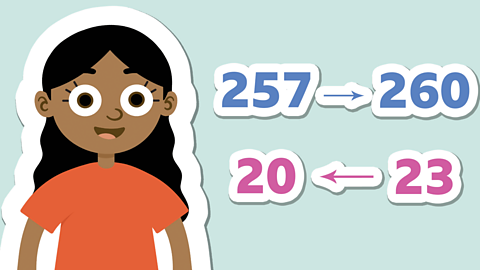
What are decimals?
Decimals: Year 4 Maths
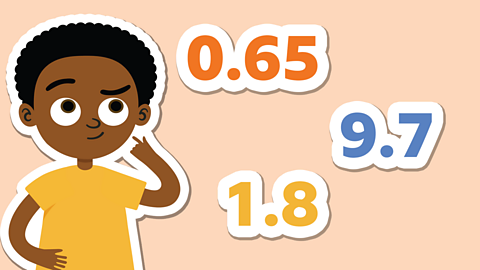
To help your child practise what they have learned in Maths so far and pick up some new skills, try the Guardians of Mathematica game.
Year 3 recap
Before your child starts year 4, it may be a good idea to recap some topics they covered last year.
Calculations
The key difference between year 3 and year 4 for addition, subtraction, multiplication and division is working with larger numbers. Your child will also work on solving word problems using these skills.
A big focus this year will be on your child's times table facts. This includes the multiplication and division facts.
Your child will continue to practise different methods of addition and subtraction with numbers up to 4 digits.
Your child will start with multiplying and dividing by 0, 1, 10 and 100.
Once ready, your child will move to more formal written methods of multiplication and division.
Addition and subtraction methods
Efficient addition and subtraction methods: Year 4 Maths
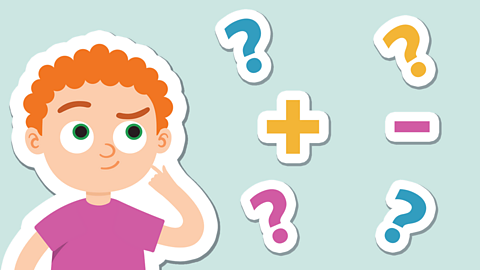
Times tables 1-12
Practise your timetables. Try the one you find the most tricky. KS2 Maths
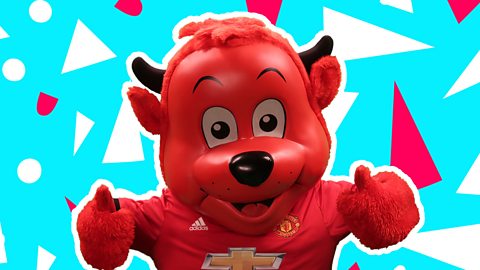
How to multiply and divide by 0, 1, 10 and 100
How to multiply and divide by 0, 1, 10 and 100: Year 4 Maths
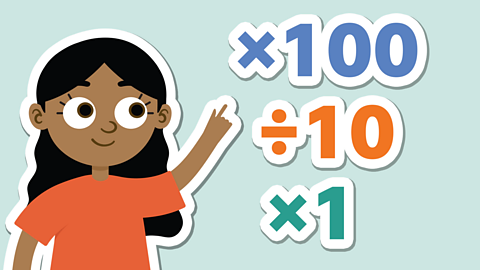
Year 3 recap
Before your child starts year 4, it may be a good idea to recap some topics they covered last year.
Fractions, money and time
Your child will continue to build their confidence in other areas of maths including; measurement, shape and data.
Your child will compare and order fractions as well as work out how to find a fraction of an amount.
They will solve money problems.
Your child will recap telling the time and be introduced to the 12 hour and 24 hour clock.
Fractions
Fractions: Year 4 Maths
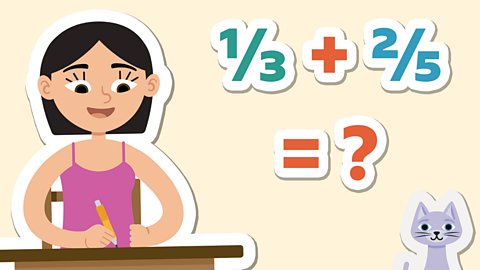
Solving money problems
Solving money problems: Year 4 Maths
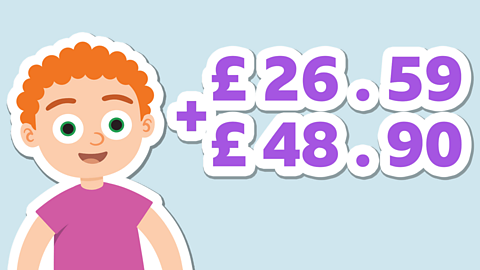
The 12 and 24 hour clock
The 12 and 24 hour clock: Year 4 Maths
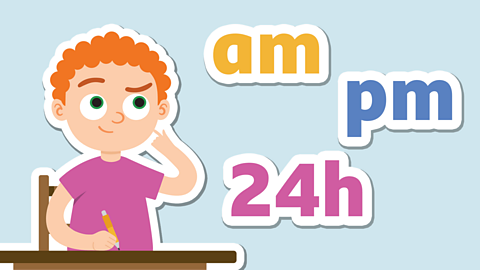
Year 3 recap
Before your child starts year 4, it may be a good idea to recap some topics they covered last year.
Quiz: Year 3 Maths recap
Have a go at the Year 3 recap quiz with your child to see how much they can remember from last year.
English - Year 4
Reading
This year, your child will build on their reading skills. It is good to practise reading out loud as well as their comprehension skills.
Your child will practise retrieving information from fiction and non-fiction texts.
They will be asked to infer information from texts. This means reading between the lines and looking for clues.
They will learn to summarise different types of texts and make informed predictions. This means using what you've read to work out what might happen.
What are fiction and non-fiction?
Find out about different types of fiction and non-fiction texts. KS2 English
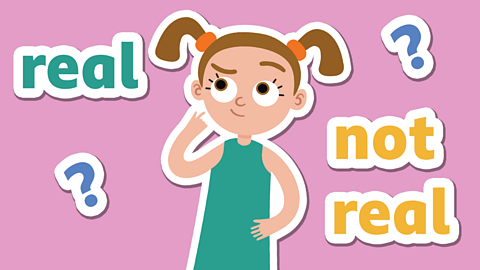
Retrieving and summarising information
Learn how to find and summarise information in texts. KS2 English
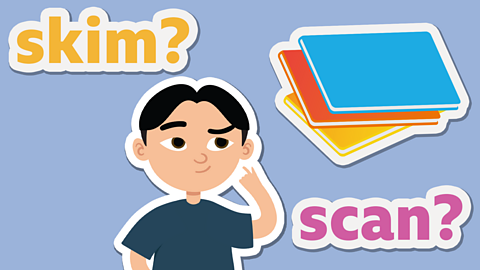
What is inference?
What is inference? KS2 Reading
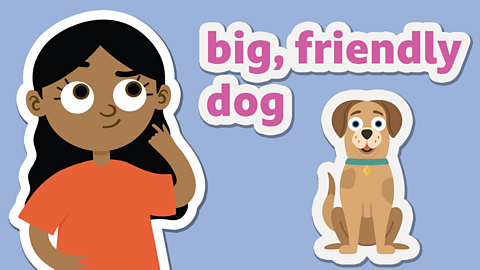
Year 3 recap
Before your child starts year 4, it may be a good idea to recap some topics they covered last year.
Writing
This year your child will use what they have learned in English to up-level their writing. They will write fiction as well as non-fiction texts.
Your child will learn to consider how to alter their writing for different audiences.
They will write for multiple different purposes.
They will be taught to plan their writing.
How to think about a purpose for your writing
Explore how your writing can have different purposes. KS2 English
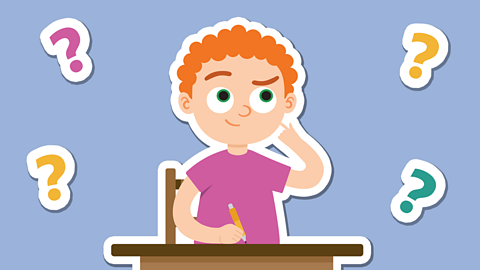
How to write for different audiences
How to think about the language you use for different audiences. KS2 English
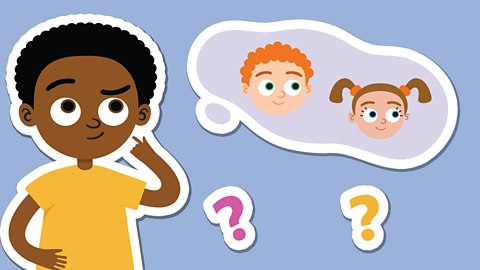
How to plan a story
Find some useful tips to help you plan a story. KS2 English
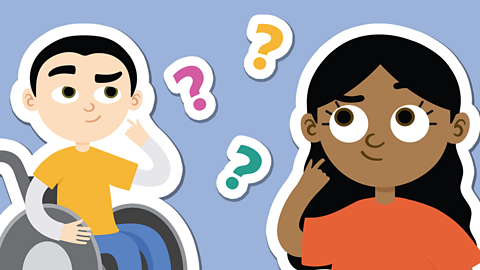
Year 3 recap
Before your child starts year 4, it may be a good idea to recap some topics they covered last year.
Grammar, punctuation and spelling
This year, your child will build on the skills they learned in year 3.
They will continue to build on their spelling skills looking out for rules and patterns.
Your child will use correct punctuation in their writing including inverted commas for speech.
Your child will write longer more complex sentences using conjunctions and fronted adverbials.
Using conjunctions
Joining clauses with conjunctions: KS2 English
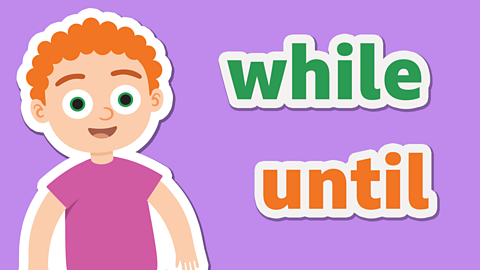
What is a fronted adverbial?
Fronted adverbials: KS2 English
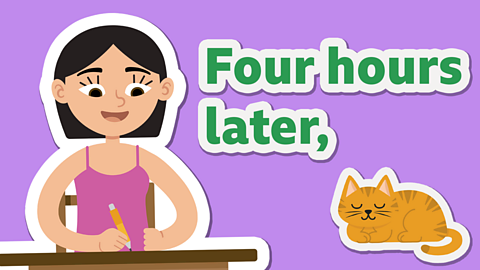
How to use inverted commas
Find out when to use inverted commas. KS2 English
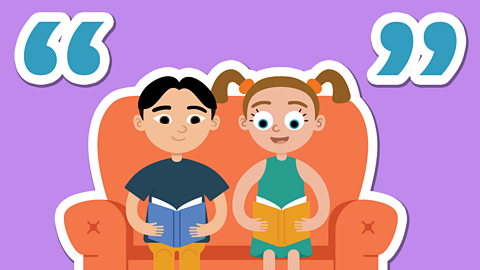
Year 3 recap
Before your child starts year 4, it may be a good idea to recap some topics they covered last year.
Quiz: Year 3 English recap
Have a go at the Year 3 recap quiz with your child to see how much they can remember from last year.
Wellbeing
Starting a new school year after the summer holidays can sometimes feel overwhelming and tiring.
Staying active, taking rests and being creative can all help your child's overall wellbeing.
Naomi Wilkinson takes us through a calming and comforting song about taking care of our mental wellbeing.
When your child goes back to school, it's also a chance for them to meet up with their friends again and join in with sports and fun activities together.
Join in with this encouraging song and dance routine for everybody from the Super Movers for Every Body team - Every Body Can.
Super Mood Movers: Wellbeing
PSHE KS2 Wellbeing: Super Mood Movers 91Čȱ¬ Teach
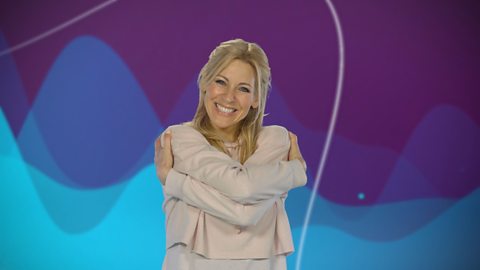
Super Movers for Every Body Theme Song
PSHE KS2: Super Movers for Every Body 91Čȱ¬ Teach
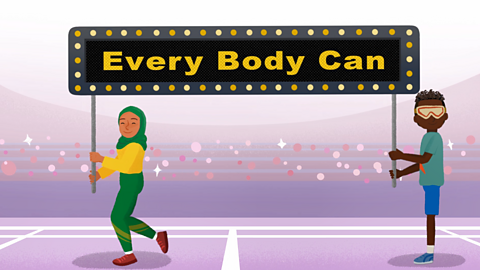
Fifteen easy and nutritious lunchbox ideas
Bitesize Parent's Toolkit have some ideas for easy and healthy packed lunches.
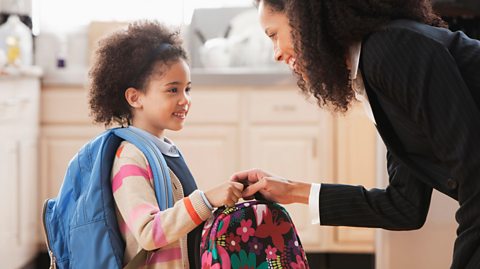
If your child needs to unwind a little, they could relax with this colouring activity.
A fairytale French castle for you to cut out and colour in. KS2 MFL French

Primary Topic Packs
Discover topics, events and project packs for children in KS1 and KS2.
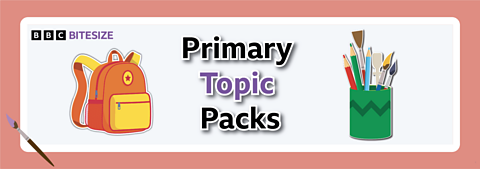
Things to try at home with Parents' Toolkit
Five tips for helping your kids play and learn by stealth this summer
